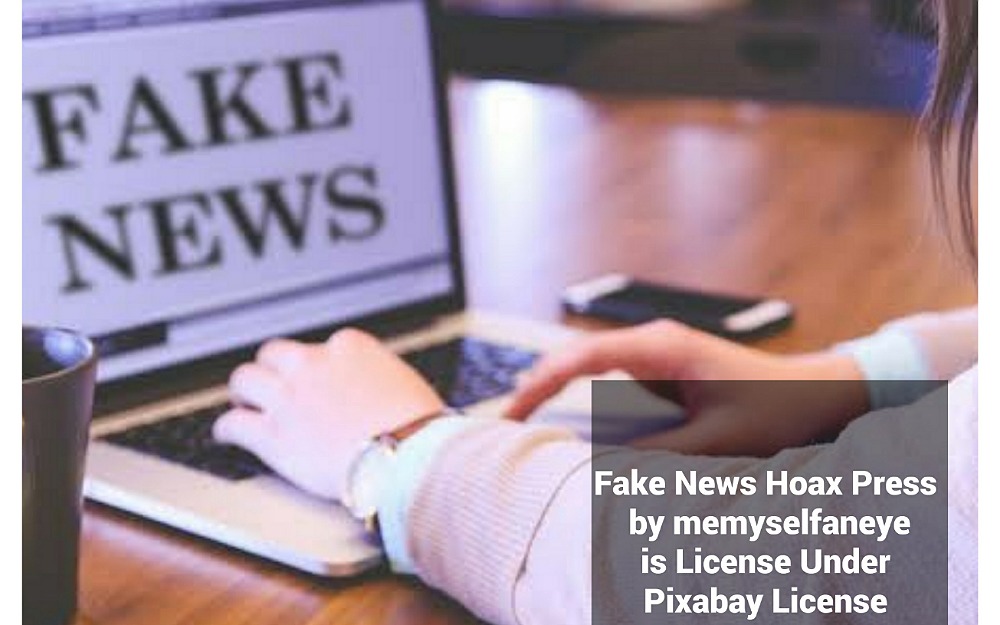
Facebook will soon let you know if you saw or interacted with dangerous coronavirus misinformation on the site.
The new notice will be sent to users who have liked, reacted to or commented on posts featuring harmful or false claims about COVID-19 after the posts have been removed by moderators. The alert, which will start appearing on Facebook in the coming weeks, will direct users to a site where the World Health Organization lists and debunks virus myths and rumors.
The latest move is part of an unprecedented effort by Facebook, Google and Twitter that includes stricter rules, altered algorithms and thousands of fact checks to contain an outbreak of bad information online that’s spreading as quickly as the virus itself.
Challenges remain. Tech platforms have sent home human moderators who police the platforms, forcing them to rely on automated systems to take down harmful content. They are also up against people’s mistrust of authoritative sources of information, such as the WHO.
“Through this crisis, one of my top priorities is making sure that you see accurate and authoritative information across all of our apps,” Facebook CEO Mark Zuckerberg wrote on his Facebook page Thursday.
40 million warning labels
The company disclosed Thursday that in March it put more than 40 million warning labels over videos, posts or articles about the coronavirus that fact-checking organizations have determined are false or misleading. The number includes duplicate claims.
Facebook says those warning labels have stopped 95% of users from viewing the bad information.
“It’s a big indicator that people are trusting the fact checkers,” said Baybars Orsek, the director of the International Fact-Checking Network. “The label has an impact on people’s information consumption.”
But Orsek cautioned that the data Facebook provided should be reviewed by outside editors or experts, and called on the historically secretive company to release regular updates about the impact of its fact-checking initiative.
Orsek’s organization is a nonprofit that certifies news organizations as fact checkers, a requirement to produce fact-checking articles for Facebook. Facebook has recruited dozens of news organizations around the globe to fact-check bad information on its site. The Associated Press is part of that program.
Get the Facts
Facebook will also begin promoting the articles that debunk COVID-19 misinformation, of which there are thousands, on a new information center called “Get the Facts.” Putting trustworthy information in front of people can be just as useful, if not more, than simply debunking falsehoods.
Still, conspiracy theories, claims about unverified treatments, and misinformation about coronavirus vaccines continue to pop up on the site daily — sometimes circumventing the safeguards Facebook has implemented.
Facebook users, for example, viewed a false claim that the virus is destroyed by chlorine dioxide nearly 200,000 times, estimates a new study out Thursday from Avaaz, a left-leaning advocacy group that tracks and researches online misinformation.
The group found more than 100 pieces of misinformation about the coronavirus on Facebook, viewed millions of times even after the claims had been marked as false or misleading by fact checkers. Other false claims were not labeled as misinformation, despite being declared by fact checkers as false.
“Coronavirus misinformation content mutates and spreads faster than Facebook’s current system can track it,” Avaaz said in its report.
This is especially problematic for Italian and Spanish misinformation, the report said, because Facebook has been slower to issue warning labels on posts that aren’t in English. Avaaz also noted that it can take as long as 22 days for Facebook to label misinformation as such — giving it plenty of time to spread. Facebook did not immediately comment on the Avaaz report on Thursday.
False claims about coronavirus treatments have been deadly.
Last month, Iranian media reported more than 300 people had died and 1,000 were sickened in the country after ingesting methanol, a toxic alcohol rumored to be a remedy through private social media messages-VOA
An Escaped Kangaroo Closes Down Alabama Interstate
Popular Cat Breeds in India
Some Cyber Security Softwares
UN Security Council Meets on Situation in Middle East, Including Palestinian Question
Remote Island’s Brain-Damaged Seabirds Show Far-Reaching Impact of Plastic Pollution
New Zealand Police Stopped Naked Driver
Dog Stories
They Are Not Journalists But Propagandists
Subscribe Our You Tube Channel
Fighting Fake News
Fighting Lies

















